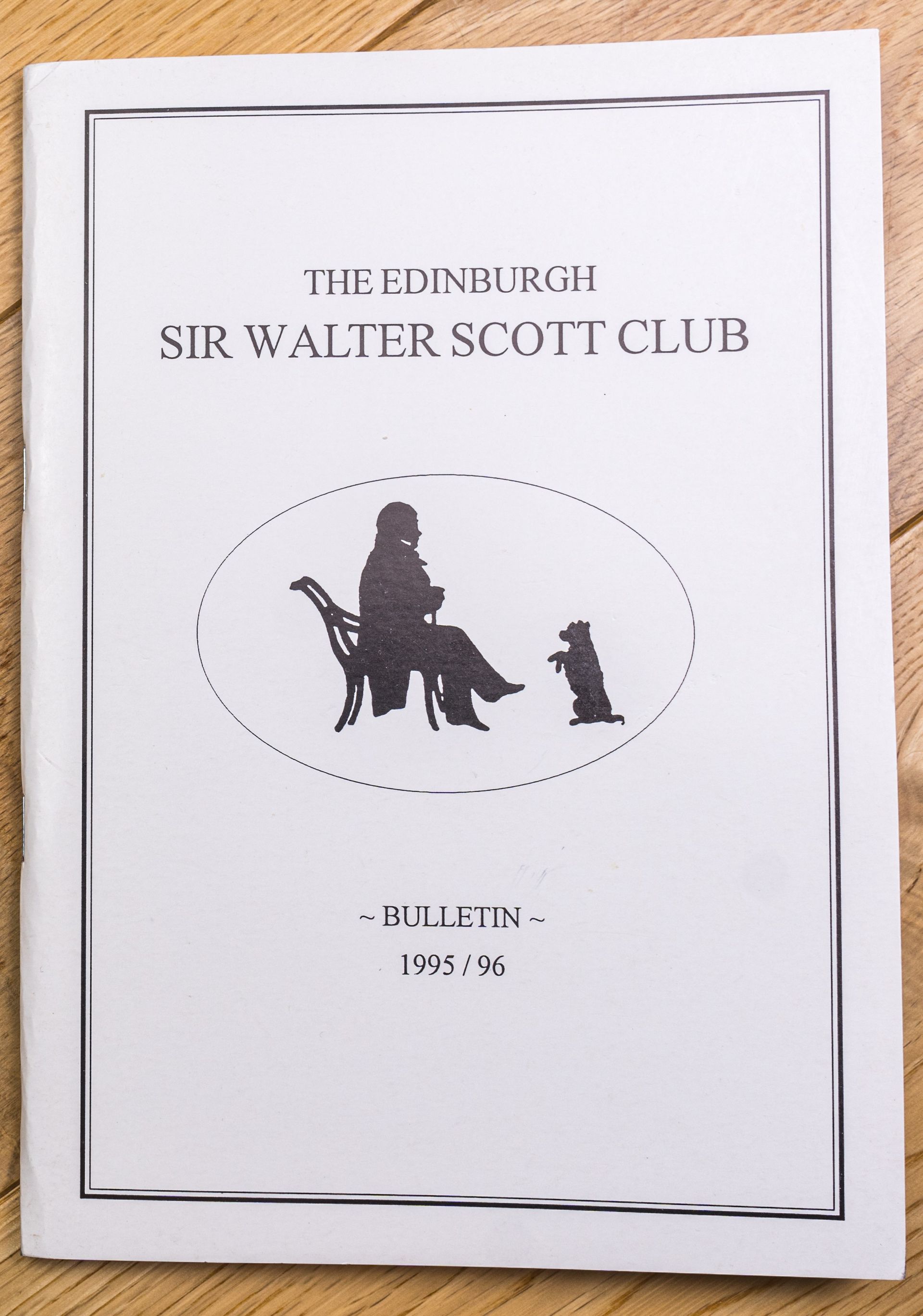Inventing New Scotlands: The Achievement of Sir Walter Scott
Professor Douglas Gifford
1999
Summary of the Talk:
In this talk, Prof. Douglas Gifford delves into the complex legacy of Sir Walter Scott and how he reshaped the narrative of Scotland's past, offering a new mythology and vision for the country. Gifford divides his discussion into four parts: negative, positive, and two elements of "positive negativity."
- The Negative View: Gifford begins with a critique of Scott from Edwin Muir, who argued that Scott's works represented a form of historical escapism that damaged Scotland’s cultural integrity. Muir’s view painted Scott as complicit in promoting an idealized and ultimately destructive view of Scottish history that ignored the complexities of the country's political divisions, especially between Highland and Lowland cultures. Muir’s work “Scott and Scotland” presents Scotland as a nation torn apart by its internal divisions, exacerbated by the Jacobite rebellions and later historical events. The country, according to Muir, lacked a coherent literary culture because of the divisive forces at play.
- The Positive View: While Gifford acknowledges Muir's critique, he argues that Scott did not simply engage in escapism but instead played a crucial role in the reinvention of Scotland. He created new narratives that bridged the past with the future and helped post-Union Scotland reconcile with its English counterpart. Scott’s works provided Scotland with a new mythology, seeking to address historical trauma by transforming past events into a redemptive, often romanticized, narrative. Through works like Waverley, Old Mortality, and The Heart of Midlothian, Scott grappled with Scotland's internal struggles, offering a path forward for national unity.
- The "Positively Negative": Gifford presents Scott's work as "positively negative," suggesting that Scott’s failure to create a singular, all-encompassing myth for Scotland was itself a major achievement. Rather than imposing a simplistic national narrative, Scott explored Scotland's contradictions and its cultural dualism, highlighting both emotional and rational divides within the country. This "heart and head" split is evident throughout his novels, which present both romantic and pragmatic views of Scotland, and ultimately depict the difficulty of reconciling the nation’s past with its future.
- Scott’s Legacy and Contribution: Gifford discusses Scott’s influence on later writers, noting that his exploration of Scottish history and culture shaped the trajectory of Scottish literature for years to come. Writers like Neil Munro, Robert Louis Stevenson, and others continued Scott’s tradition of questioning Scotland’s identity. Gifford also emphasizes Scott’s impact on the psychological novel, history, symbolism in landscape, and the merging of realism with romance in literature.
Key Points to Mention:
- Muir's Critique vs. Gifford's Reinterpretation:
- Edwin Muir’s critique of Scott as promoting escapism and damaging the national psyche is seen as valid but incomplete. Gifford contends that Scott's works provide a nuanced exploration of Scotland's history and its cultural divisions.
- Scott’s Creation of New Mythology:
- Scott is credited with creating a new mythology for Scotland, bridging the divide between its romanticized past and its post-Union reality. He gave the country a new narrative that allowed it to confront its trauma and work toward unity.
- "Positively Negative" Approach:
- Gifford’s central argument is that Scott’s failure to create a cohesive narrative for Scotland is, in fact, a great achievement. He presents Scotland's dualism as both a strength and a challenge, acknowledging the complexities within the nation rather than simplifying them.
- Scott's Psychological and Symbolic Influence:
- Scott’s works are seen as the foundation for later developments in psychological novels. His blending of symbolism in landscape and his ability to create layered, complex characters helped define the Scottish literary tradition.
- The Question of Scotland's Identity:
- Gifford highlights Scott’s exploration of the dual nature of Scotland—divided emotionally and rationally—acknowledging that Scotland's identity was and remains a matter of negotiation and reconciling its past with its present.
Overall, Gifford’s talk presents Scott not as a writer of escapist historical romance but as an architect of a new, complex national narrative for Scotland, which continues to resonate in modern Scottish literature.
Download the [Transcript] or Read the [Bulletin]

Download the [Transcript] or Read the [Bulletin]


